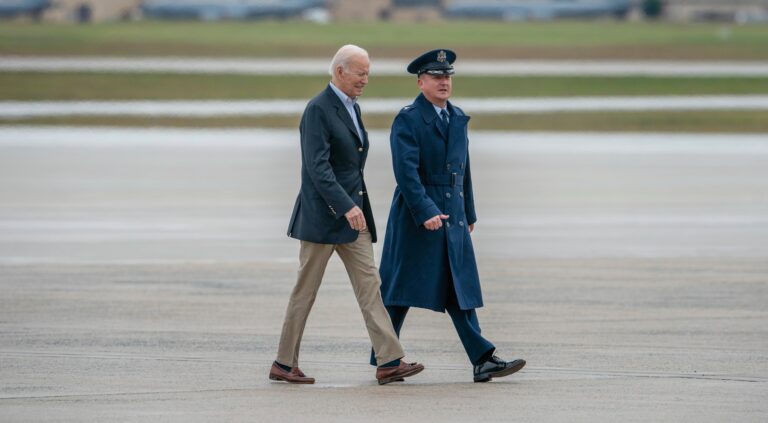
The dramatic events in Ukraine reminds us that history cannot be unmade and sooner or later we have to come to terms with its inescapable truth. Back in 2014, when I published a book titled, First World War: Still No End In Sight, many commentators sniggered at the suggestion that the legacy of this bloody conflict could continue to exercise any influence over our livesi. Several commentators pointed to the end of the Cold War as an expression of what they characterised as the end of history. Obituaries to a forever lost, conflict-ridden past were frequently communicated through declaring that this is the End. The historian Mark Mazower, stated that with the collapse of SU in 1989, ‘not only the Cold War but the whole era of ideological rivalries which began in 1917 came to an end’ii. Yet, what he described as ‘the unremitting struggle’ to ‘define modern Europe’ continues to be reflected in bitter conflicts over values and culture. It is also soaked in blood in battle over the future of Ukraine.
This is a war that neither side can win nor dare lose. The issues in play are existential since what is at stake is Ukraine’s status as a sovereign nation and the integrity and survival of the Russian Federation. At the time of writing—middle of September 2022—it looks like neither side is capable of inflicting a decisive victory over the other. So far, Ukraine has successfully resisted the Russian invaders, which means it has won a major moral victory. However, its victories on the battlefield notwithstanding, Ukraine is not in a position to decisively defeat Russia. Whatever happens during the rest of this year,
it will not result in a durable peace. If there is a ceasefire, both sides know that a ceasefire will be temporary and will serve as a prelude to an outbreak of conflict in what has since 2014 been a classical frontier war.
Behind the scenes of the drama being played out in the blood-soaked battlefields of Ukraine there is also another potentially far more devastating conflict that is ready to erupt. In the 20th century the pivotal tension around which so much conflict evolved was the German Question. Germany was the last nation in Europe to achieve unification in the 19th century. For a variety of reason it was too weak to achieve its geo-political ambitions in the 20th century. But it was also too strong to be confined to a secondary role in in the global balance of power. The failure to find a satisfactory answer to the German question destabilised Europe and in the end led to World War 2. It was only after the division of Europe at Yalta and the subsequent re-unification of East and West part of the nation that the German question was resolved.
Since the end of the Cold War stability in Europe and more widely is threatened by the Russian Question. Since the collapse of the Soviet Union, Russia has failed to find its place in the world. Reduced from a global superpower to a secondary role it perceives that its position and security is constantly under threat. The Russian Federation lacks internal cohesion and Kremlin is continually confronted with the challenge of maintaining control over the disparate ethnic groups and nationalities that reside within its borders. Should Russia lose the war in Ukraine its integrity as a multi-national federation would be put into question. Russia’s position in global affairs is inherently unstable.
At times Washington appears to use the war in Ukraine to achieve its own objectives. The former senior advisor to the Secretary of Defense in the Trump Administration, Col. Doug Macgregor, outlined his assessment of Washington’s position in the following terms:
‘Well at this point we have to conclude that there is a universal opposition to any peace arrangement that involves a recognition of any Russian success.… In fact if anything, it looks more and more, as though Ukrainians are almost incidental to the operation in the sense that they are there to impale themselves on the Russian army. And die in great numbers, because the real goal of this entire thing is the destruction of the Russian state and Vladimir Putin.’iii
Macgregor’s cynical assessment of America’s war aim is shared by other Washington-based experts. Leon Panetta, former director of the CIA (2009-11) and Secretary of Defense under the Barack Obama regime, explained in March 2022:
‘The only way to basically deal with Putin right now is to double down ourselves. Which means to provide as much military aid as necessary to the Ukrainians so that they can continue the battle against the Russians.… We are engaged in a conflict here. It is a proxy war with Russia whether we say so or not. That effectively is what is going on. And for that reason, we have to be sure we are providing as much weaponry as possible.… Make no mistake about it, diplomacy is going nowhere unless we have leverage. And the way you get leverage is by frankly going in and killing Russians. That is what the Ukrainians have to do. We have to continue the war effort.… Because this is a power game.’iv
Not only did Panetta forgot to mention that ‘going in and killing Russians’ would likely necessitate the loss of thousands and thousands of Ukrainian lives — he also failed to acknowledge that the waging of a proxy war by the United States against Russia signals that Washington’s war aims do not necessarily align with Ukraine's. In effect, what we have are two wars running in parallel: Russia’s war against Ukraine, where Ukraine is fighting a defensive battle for securing the nation’s sovereignty; and America and some of her allies’ proxy war against Russia, the aim of which is to reduce Russia’s global power substantially.
See my posts on https://frankfuredi.substack.com/
Frank Furedi, The Road to Ukraine. How the West lost its way, DeGruyter, 114 pages.